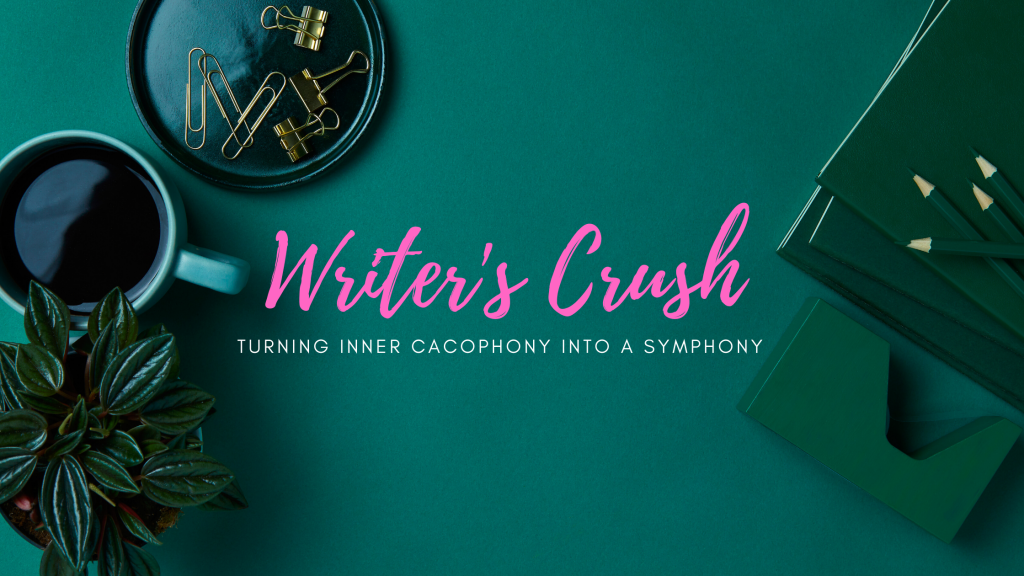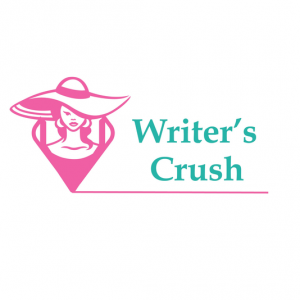
Author's Notes| Building a Reference Library
One of the things that’s been invaluable to me is having a reference library. You can’t always go to the library, and the internet is not always reliable. Having a personal reference library give you the chance to break away from your writing and do the art of research that we discussed last week. I am a dark fantasy writer, and that means that I have to know certain medical terms and atlases for places that I write about. So I’m going to talk about references that I use for my own stories, and also where to get references that pertain to your work.
So first on my list of things that I use are books about cryptids from all over the world. “The Book of Yokai” by Micheal Dylan Foster, “Favorite African Folktales” edited by Nelson Mandela, and “Black Tudors” by Miranda Kaufmann. Are some that I have found to be invaluable. I have also used “Encyclopedias of Gods” by Micheal Jordan, “The dictionary of Imaginary Places” by Alberto Manguel and Gianni Guadalupi. I don’t necessarily take the places out of these verbatim. They do give me language to use in my stories that I would not otherwise have if I didn’t have the references.
Speaking of language I also use a variety of travel books. Old language school books are a wealth of location information. They can tell you about places locals go that can personalize your story. Glenco’s “A bord” for studying French is awesome. Spanish to English dictionaries sometimes come with maps and information about how Spanish is spoken in different areas. “The Loom of Language” by Bodmer is excellent for writing stories where the language can’t be current. Tourism books are also awesome! If you go to a travel agency ask them if you can have copies of other locations you might want to go to. It will give you descriptions of places that you are struggling to describe.
As mentioned before I use old medical books to help me with anatomy for my Sci-fi and fight scenes. “Taber’s Cyclopedic Medical Dictionary” by F.A. Davis allows me to describe horror scenes and labs. it helps me make the doctors I write about realistic. “The Secretarial Handbook” by Merriam Webster is amazing for writing about government offices, and how to address people of political importance. The dictionary by itself is awesome for generating ideas. Open the book to any page close your eyes and drop your finger, and see what words you come up with. Try making stories with what you find.
The last thing I am going to talk about is where to get your hands on these books. Thrift shops are an awesome resource for finding old books. Flea markets, grocery stores, and garage sales are a cornucopia of reference and books that can help you with your writing. I can remember when my mother bought a set of Encyclopedias, and a whole world was opened to me because she knew that knowledge was power. That’s what these books give you the power to tell amazing stories.
